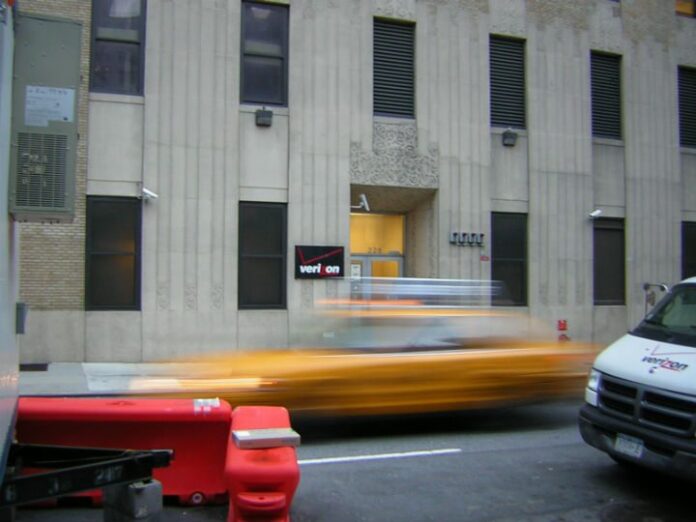Court rules Cablevision must stop ads questioning Verizon’s Wi-Fi superiority
Verizon Communications claimed victory in an advertising battle with Cablevision over competing claims of Wi-Fi superiority.
The U.S. District Court in Islip, N.Y., issued a temporary restraining order requiring Cablevision to stop running advertisements questioning the quality of Verizon’s FiOS-based broadband service. The court noted Cablevision’s claims fell short and further upheld Verizon’s own claims of “fastest available Wi-Fi.”
“The law, like our economic system, encourages spirited competition,” the court noted in its ruling. “But when a competitor exceeds the bounds of decency by falsely impugning the integrity of a competitor, it runs afoul of the law. Such extraordinary conduct warrants the extraordinary relief of a temporary restraining order. Cablevision’s defenses here also prove unpersuasive.”
The court last week also reportedly backed Verizon’s claim of superior Wi-Fi performance.
“There is no dispute that, once its router is connected to its Wi-Fi network, FiOS does offer a faster connection to the Internet than Cablevision,” the court stated. “The evidence presented suggests that Verizon FiOS’s top three tiers, namely 150/150 Mbps, 300/300 Mbps, and 500/500 Mbps all provide faster download speeds than Cablevision’s fastest plan, and all five FiOS plans offer faster upload speeds than any of Cablevision’s offerings.”
Cablevision earlier this year brought the issue to the court, asking for a judge to decide whether it could continue running its advertisements. Cablevision further pressed the case in May.
“Verizon FiOS is not all fiber and, in fact, uses regular coaxial cable inside the home,” Cablevision noted in a statement connected with the court filing. “Cablevision ran an advertisement revealing that FiOS is not all fiber, and now Verizon is demanding that Cablevision stop running its ad. Consumers deserve to make informed decisions based on facts, and Cablevision is asking the court to intervene to stop Verizon from attempting to continue to mislead the public.”
Verizon noted that the court decision also called into question the reach of Cablevision’s Wi-Fi services, stating approximately 1 million of the company’s claimed 1.1 million hot spots were in private homes and not in public locations as claimed by Cablevision.
“So while Cablevision would like people to believe that it offers its services to customers through ‘millions’ of public Wi-Fi hot spots, the facts have shown that less than 13% of the hot spots they have been touting are actually in what the public would believe to be ‘public locations,’” Verizon said.
Despite the court victory, Verizon’s FiOS platform has itself come under scrutiny from New York City for missing deployment deadlines. A recent audit found repeated instances in which Verizon refused to supply information about their service connected to previous deployment agreements.
“Verizon is not in compliance with its agreement since it has not truly ‘passed’ all residential households in New York City,” The report notes. “Verizon’s working definition of ‘passing’ a household with fiber-optic cable is inconsistent with industry practice and is inconsistent with Section 5.4 of the franchise agreement.”
Bored? Why not follow me on Twitter

